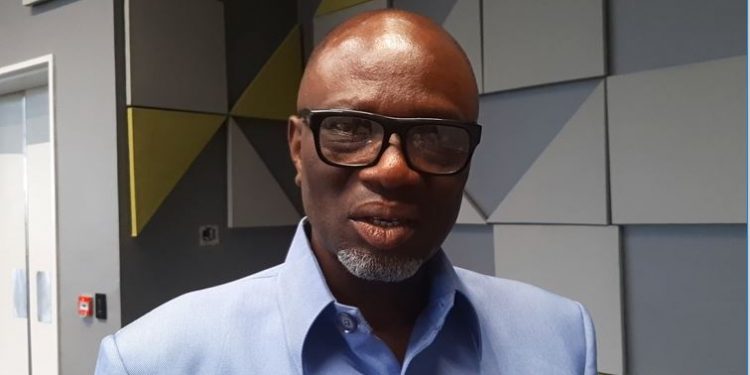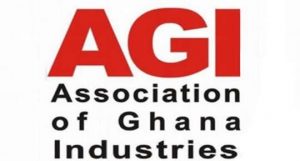The President of the Ghana Union of Traders Association (GUTA), Dr. Joseph Obeng, says recent monetary policies introduced by the Bank of Ghana have exacerbated an already harsh economic environment while doing nothing to halt the inflation it was meant to solve.
The Monetary Policy Committee (MPC) of the Bank of Ghana (BoG) has increased the Policy Rate by 250 basis point to 24.5%.
This is the highest policy rate increase since 2017.
The rate hike means it will become more expensive to borrow from the banks, a situation that will push the cost of living and doing business in the country further up.
The Governor of BoG, Dr Ernest Addison, explained that the committee reached the decision in order to check the rising rate of inflation as the country negotiates with the International Monetary Fund (IMF) for an economic programme.
However, speaking on the effects of the policy rate increment, Dr. Joseph Obeng stated that the policy rate hike has rather worsened the inflation situation.
“The Bank of Ghana is not helping, as a matter of fact they’ve failed us because all these indicators are under the [purview] of Bank of Ghana. Exchange rate, they have to manage it, and they’re not managing it even though we’ve given so many clues as to what to do.
“And maybe out of connivance or whatever they’re unable to do that. So foreign exchange is not well managed and then you keep on increasing the monetary rate forgetting that your inability to manage the forex is what is fuelling the inflation.”
He explained that the hike in monetary policy has significantly affected the cost of duties and other taxes at the port due to the fact that they pegged against the exchange rate.
With the cedi fast depreciating and the Bank of Ghana failing to stabilize the currency, cost of import duties have shot up by 30% “because the Bank of Ghana rate that they give to customs which used to be 8.2%, now they’ve raised it to about 9.85% fuelling the inflation that they’re talking about.”
He said the Bank of Ghana should have explored several other solutions after they had increased their monetary policies and seen no significant positive effect in the economy.
“And then you’ll also come and say that I want to solve inflation and so the methodology is to increase the monetary policy rate and then you increase it about four times and you do not see any solution. Once you’ve done it three times and it couldn’t solve it, it means that you’re using the wrong methodology or you haven’t diagnosed the problem well and then they will increase it and compound the situation.
“So just as they’ve increased it and another layer of cost come to bear on doing business barely one month or two months then it also hikes up the inflation so we’re going to dance in circle and this is what is happening to the Ghanaian.”
He further bemoaned the failure of the Bank of Ghana to cushion the average Ghanaian from the adverse impact of the monetary policy hikes and inflation.
According to Dr. Obeng, in other jurisdictions, monetary policy values have been capped to provide relief for citizens but same cannot be said about Ghana.
“We have said in one of our meetings that all the things that you’re doing it seems that it is helping only the banks and you’re not even thinking about the generality of the Ghanaian. So while the interest rates have been triggered this far beyond 35%, the gap is too big so find a way to give a cap.
“You have to cap because out of crisis situations we find crisis solutions and this is what we have to do, and you do not say that we’re in a liberal economy. It means that we’re not serious because other countries capped their interests and then they run into Ghana and because there is so much room they’re making billions of it and repatriate the same money that we’re crying about.
“These people have come into this country and repatriating it whole into their country where they’ve capped their ceiling,” he said.






